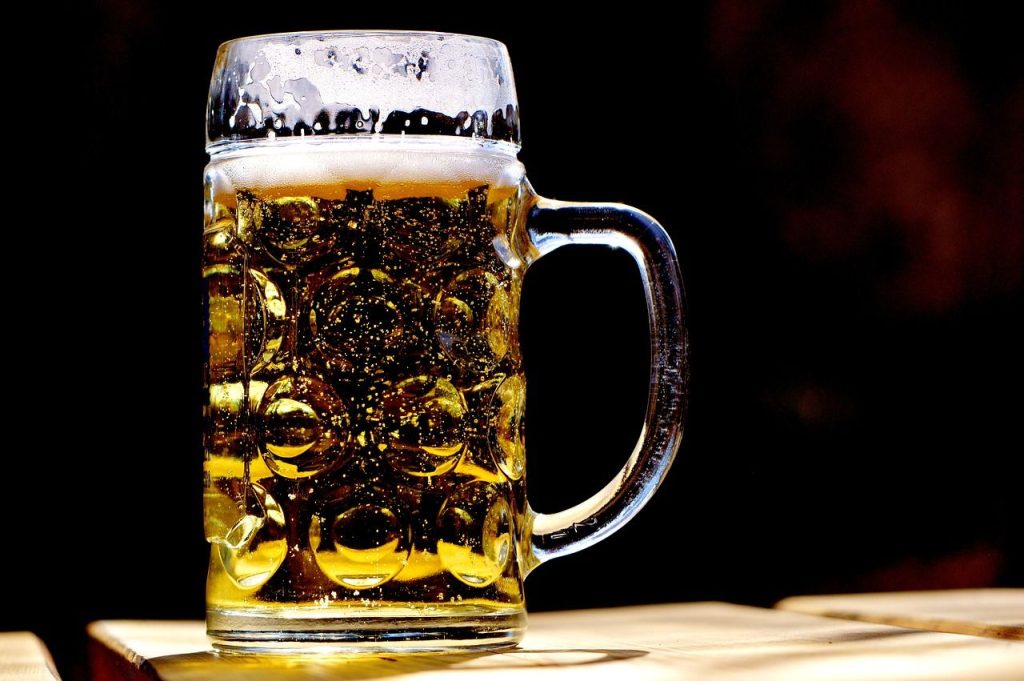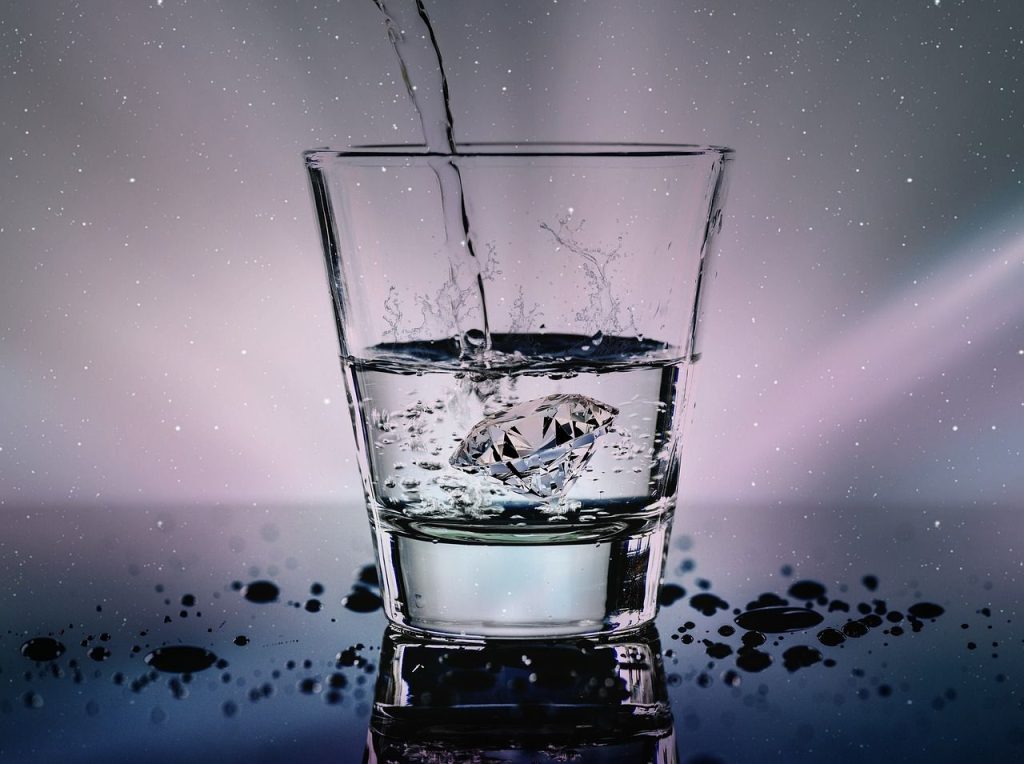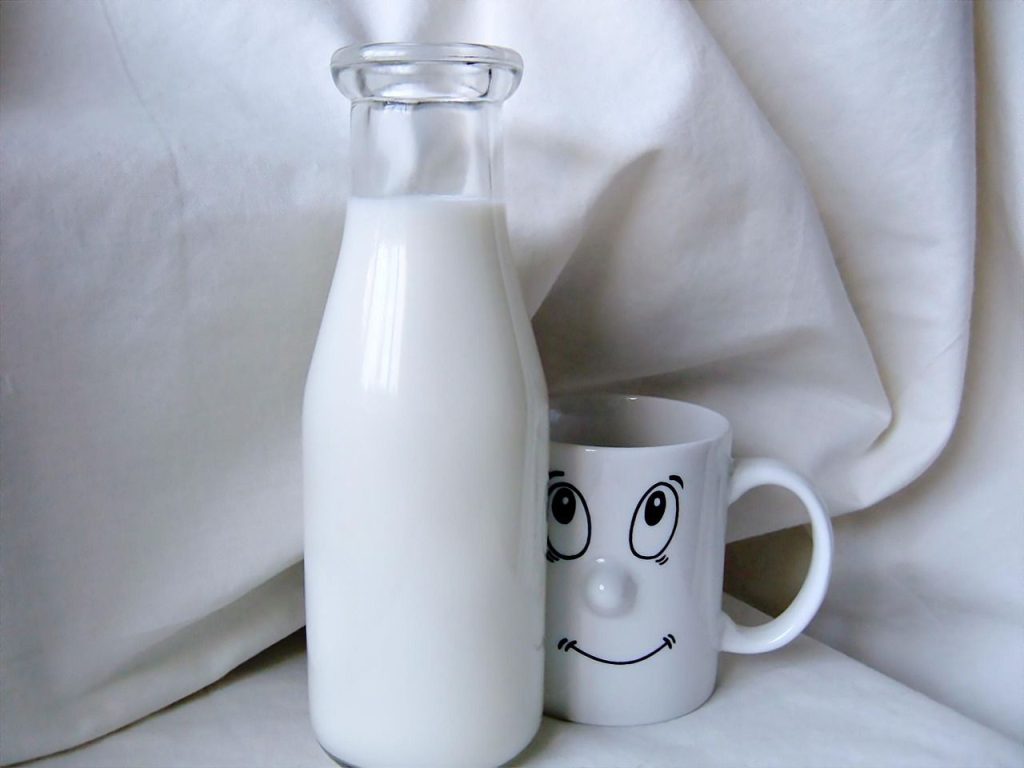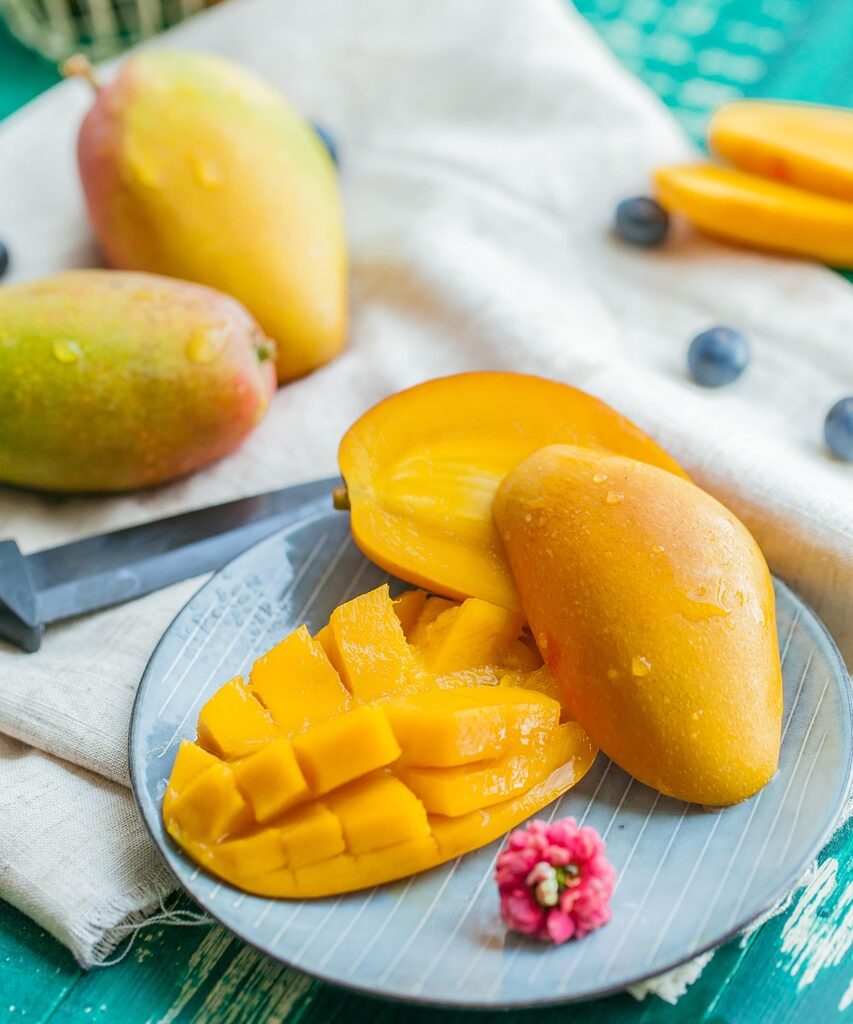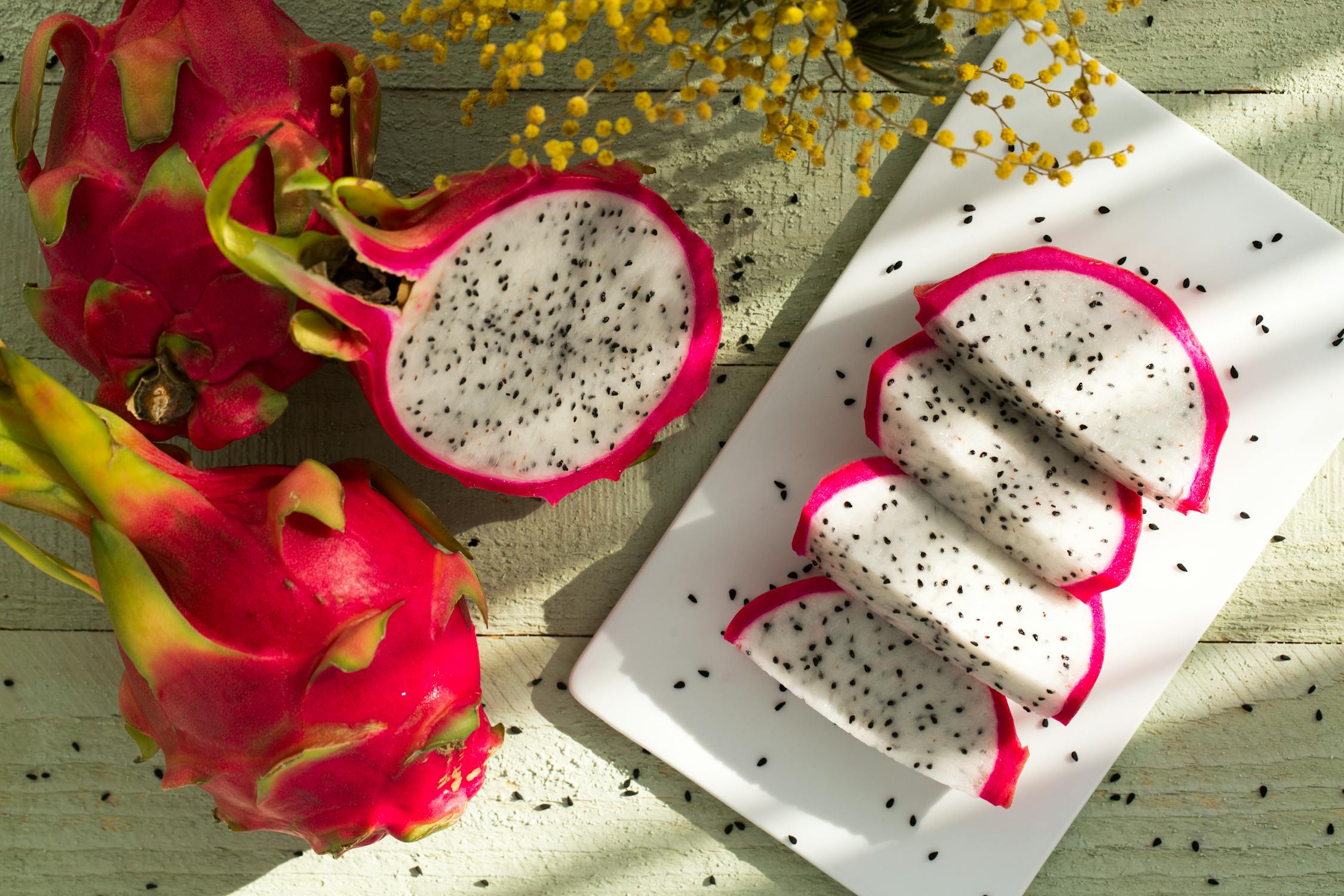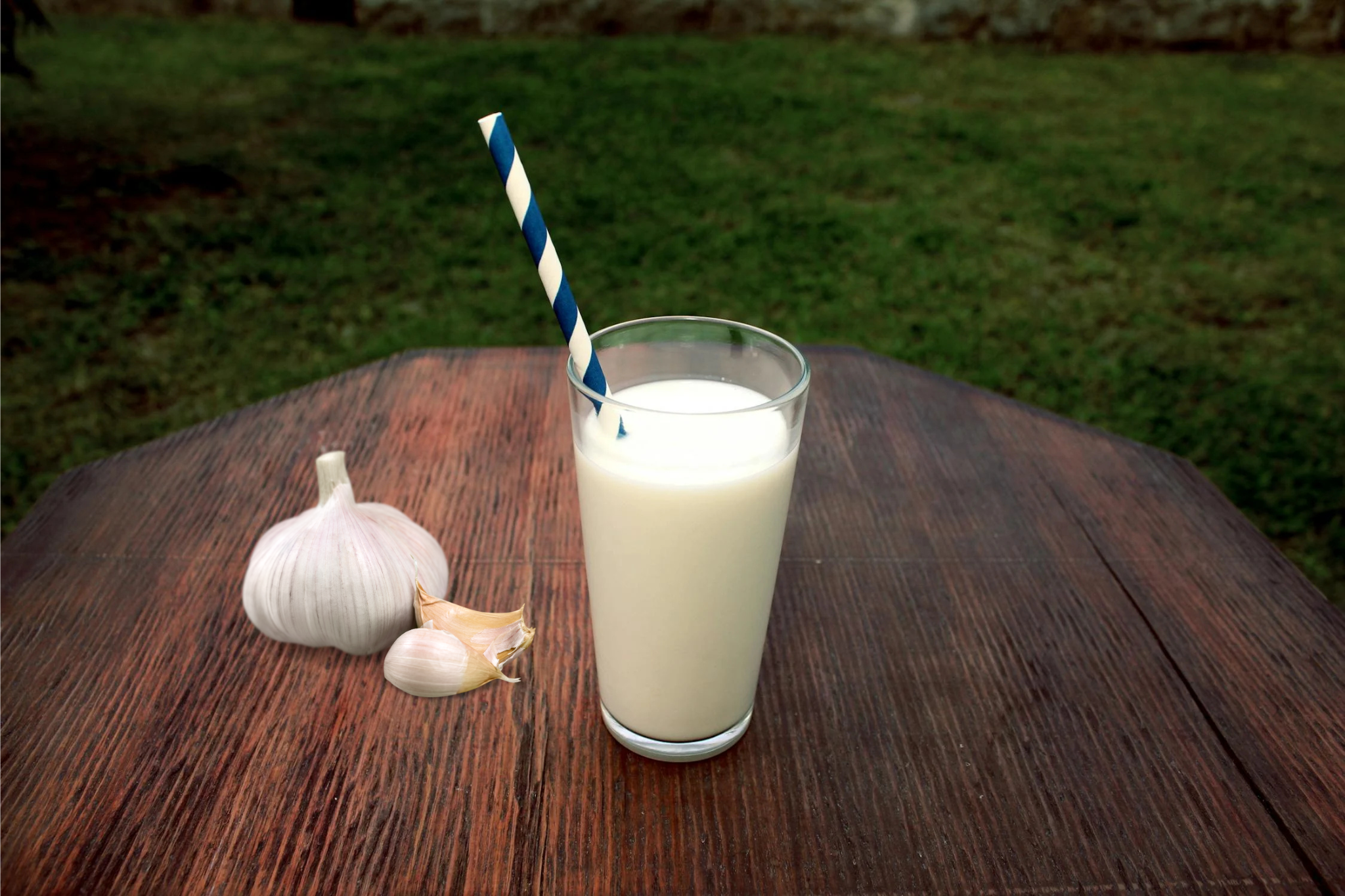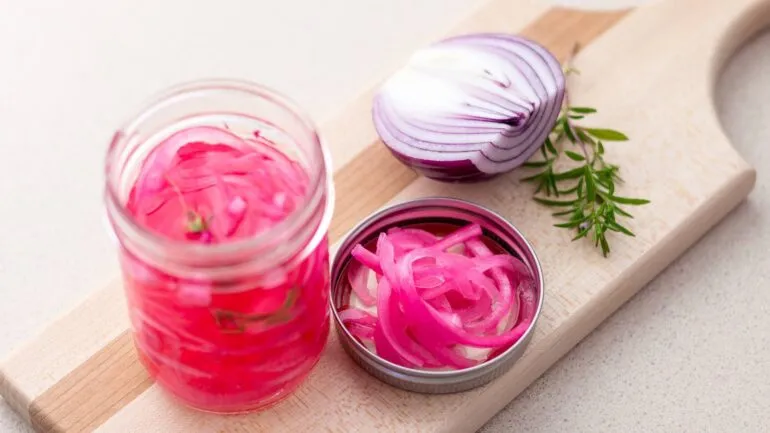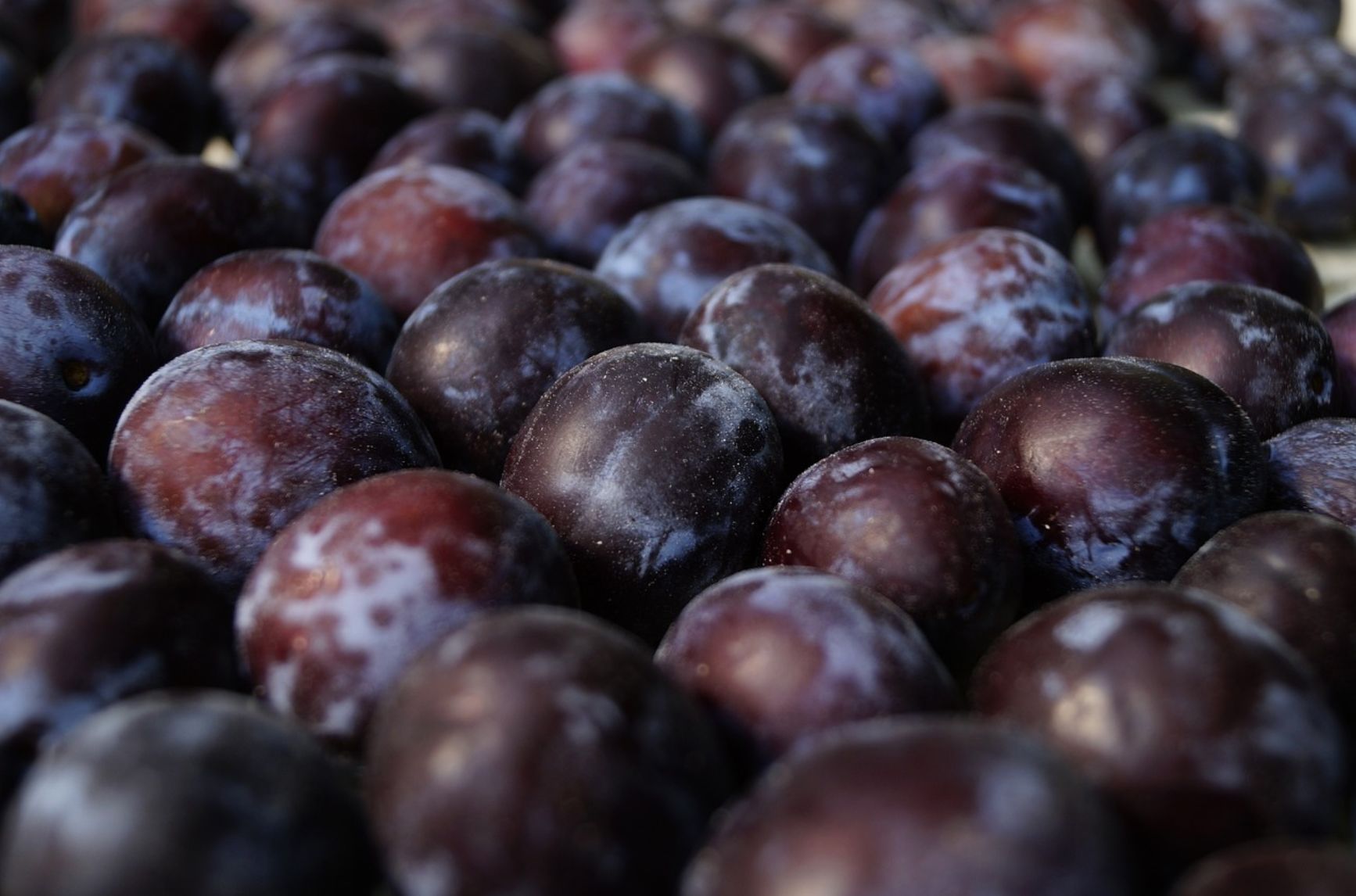Kidney stones are extremely painful, and anyone who has experienced them knows how desperate you can feel to find relief. There’s a common belief that beer can help with kidney stones, but does drinking beer help with kidney stones?
In this blog, I’ll explain what kidney stones are, how beer might affect them, and why it’s important to rely on proven medical treatments rather than myths.
Understanding Kidney Stones
Kidney stones are hard deposits made of minerals and salts that form inside your kidneys. Your kidneys and bladder can both receive them. When your urine becomes highly concentrated, the minerals crystallize and adhere together, causing it to form.
What Causes Kidney Stones?
Kidney stones develop for several reasons, including:
- Not Drinking Enough Water: When you don’t drink enough water, your urine becomes more concentrated, which can lead to the formation of stones.
- Diet: Too much salt, sugar, and protein can increase your risk. It is also possible to develop oxalate poisoning by eating foods high in oxalates, like spinach, beets, and almonds.
- Obesity: Being overweight puts more strain on your kidneys and changes how your body processes certain substances, increasing the risk of stones.
- Genetics: If kidney stones run in your family, you’re more likely to develop them too.
- Certain Medical Conditions: Acidosis of the renal tubule, hyperparathyroidism, and certain infections of the urinary tract can also increase your risk.
- Supplements and Medications: Overuse of vitamin C supplements and certain medications like calcium-based antacids and diuretics can lead to stones.
You might also like to read:
- 6 Simple Ways To Detox Your Liver: Say Goodbye to Toxins
- Intermittent Fasting Diet Plan For Vegetarians: Step-by-Step Guide
Can Beer Help with Kidney Stones?
There’s a popular belief that beer can help flush kidney stones due to its diuretic effect, which means it makes you urinate more. But is this actually helpful? Let’s take a closer look.
Is Alcohol Bad for Kidney Stones?
- Diuretic Effect: Yes, beer can increase urine output, but this isn’t necessarily good. While it might make you urinate more, it can also lead to dehydration, which actually increases your risk of forming new kidney stones.
- Oxalate Content: Beer contains oxalates, which are compounds that can contribute to the formation of calcium oxalate stones, the most common type of kidney stone.
- Purine Content: Beer is high in purines, which your body breaks down into uric acid. High levels of uric acid can lead to the formation of uric acid stones.
- Caloric Content: Beer is high in calories, which can lead to weight gain. Since obesity is a risk factor for kidney stones, this can make things worse.
- Hydration: While beer might make you pee more, it ultimately causes dehydration because of the alcohol, which can aggravate kidney stone issues.
Is There a “Best Beer” for Kidney Stones?
Many people look for the best type of beer to help with kidney stones, but the truth is there’s no specific recommended beer for kidney stones. In fact, relying on beer or any alcohol as a treatment is not based on any solid medical evidence.
The Risks of Kidney Stones
If not treated properly, kidney stones can cause several serious problems:
- Severe Pain: The pain from kidney stones can be intense and often requires immediate medical attention. This pain usually occurs when the stone moves or blocks the flow of urine.
- Infections: Kidney stones can increase the risk of urinary tract infections (UTIs), which can become recurrent.
- Kidney Damage: Larger stones can obstruct urine flow, which causes swelling in the kidneys (hydronephrosis), resulting in reduced kidney function and damage to kidney tissue.
- Surgery: Large stones might not pass on their own and may require surgical removal.
- Chronic Kidney Disease: Recurrent kidney stones can contribute to the development of chronic kidney disease, leading to long-term kidney problems.
Why Is Professional Treatment Necessary?
While myths like drinking beer to cure kidney stones may sound tempting, it’s important to get the right treatment. Consulting a healthcare professional is essential for accurate diagnosis and effective management of kidney stones.
- Expert Diagnosis: A specialist can determine the stone’s size, type, and cause, which will guide the best treatment approach.
- Effective Treatment Options: Modern treatments include medications to break down smaller stones and advanced surgical options for larger ones.
- Personalized Care: Each person’s situation is unique, so treatment plans need to be tailored to individual needs.
- Prevention Tips: A healthcare professional can give you advice on how to prevent future stones, such as dietary changes and staying properly hydrated.
How Can I Help You with Kidney Stones?
As a leading nutritionist of India, one of the most common concerns I hear from clients is about kidney stones. The good news is that a well-planned diet can play a crucial role in preventing them. Here’s how I help my clients to keep kidney stones at bay.
1. Stay Hydrated
The most important step in preventing kidney stones is staying well-hydrated. The minerals and salts in your urine do not crystallize and form stones when you drink enough water. In hot climates or if you exercise frequently, you should drink at least 8-10 glasses of water a day.
2. Limit Salt Intake
Too much salt can increase the amount of calcium in your urine, which is one of the main causes of kidney stones. Reducing your salt intake can help lower your risk.
Avoid processed foods, canned soups, and salty snacks, and try to cook with fresh ingredients whenever possible. Using herbs and spices instead of salt to flavor your food can make a big difference.
3. Moderate Protein Consumption
Eating too much animal protein, like red meat, poultry, and eggs, can increase the levels of uric acid in your body, which can lead to kidney stones. It’s important to enjoy these foods in moderation. Including more plant-based proteins like beans, lentils, and tofu in your diet can also help reduce your risk.
4. Watch Your Oxalate Intake
Oxalates are natural compounds found in certain foods, and they can contribute to the formation of kidney stones, especially if your body produces a lot of oxalate in your urine.
Foods high in oxalates include spinach, beets, rhubarb, nuts, and chocolate. While you don’t have to eliminate these foods completely, it’s a good idea to limit your intake and pair them with calcium-rich foods to help reduce oxalate absorption.
5. Get Enough Calcium
Calcium is actually helpful in preventing kidney stones, contrary to popular belief. Calcium binds with oxalate in your intestines, which helps prevent it from reaching your kidneys.
Aim for the recommended daily intake of calcium through foods like dairy products, leafy greens, and fortified foods. Just be careful with calcium supplements, as they might increase the risk of stones in some people.
6. Limit Sugar and Sugary Drinks
High sugar intake, especially from sugary drinks like soda, can increase the risk of kidney stones. Try to cut back on added sugars in your diet and choose water or other low-sugar beverages instead. This will not only help prevent kidney stones but also support your overall health.
7. Include Citrate-Rich Foods
Citrus fruits like lemons, oranges, and grapefruits are rich in citrate, a compound that can help prevent kidney stones by binding with calcium in your urine and reducing the formation of stones. Drinking lemon water or including more citrus fruits in your diet is a simple way to boost your citrate intake.
Also, read:
- Are Blueberries Low FODMAP? Expert Insights and Tips
- Are Carbohydrates Your Enemy? Let’s Bust the Biggest Myth…
Conclusion
A proper diet, carefully tailored to your needs by a nutritionist, can be one of the most effective ways to prevent kidney stones. By staying hydrated, managing your intake of salt, protein, and oxalates, and ensuring you get enough calcium and citrate, you can significantly reduce your risk.
Remember, small dietary changes can make a big difference in your kidney health, so start incorporating these tips into your daily routine to help keep kidney stones at bay.
FAQs
Can drinking beer really help pass kidney stones?
No, drinking beer is not recommended for treating kidney stones. There are some substances in beer that may temporarily increase urine output, but others, such as oxalates and purines, may actually worsen the condition.
What should I eat to prevent kidney stones?
The risk of kidney stones can be reduced by staying hydrated, avoiding foods high in oxalates (such as spinach and nuts), and reducing salt intake.
Are there any home remedies for kidney stones?
While drinking lots of water and taking over-the-counter pain relievers can help with minor symptoms, it’s important to seek medical advice for proper diagnosis and treatment, especially if the pain is severe.
How should kidney stones be treated?
Treatment options vary depending on the size and type of stone but can include medication to dissolve smaller stones or surgical procedures for larger ones. Preventive measures like diet and hydration are also key. Remember, it’s always best to consult with a healthcare professional rather than relying on myths when it comes to your health.

